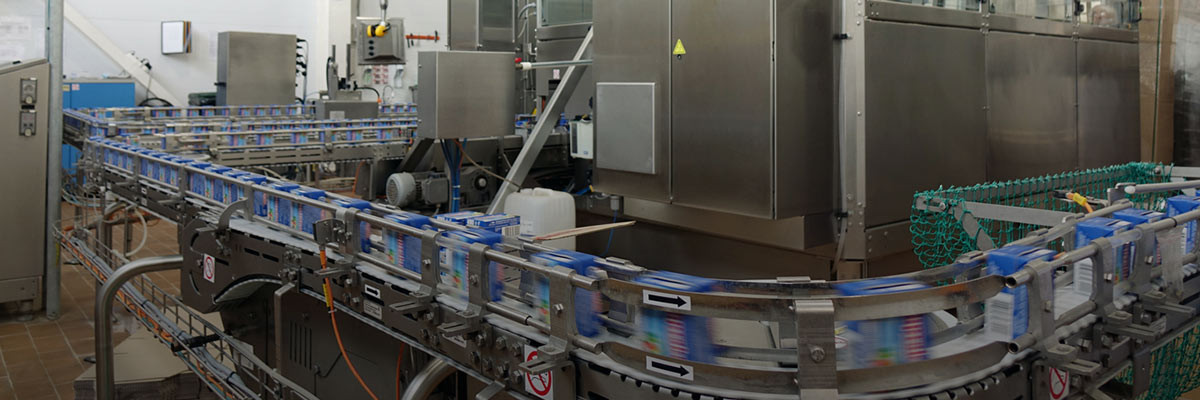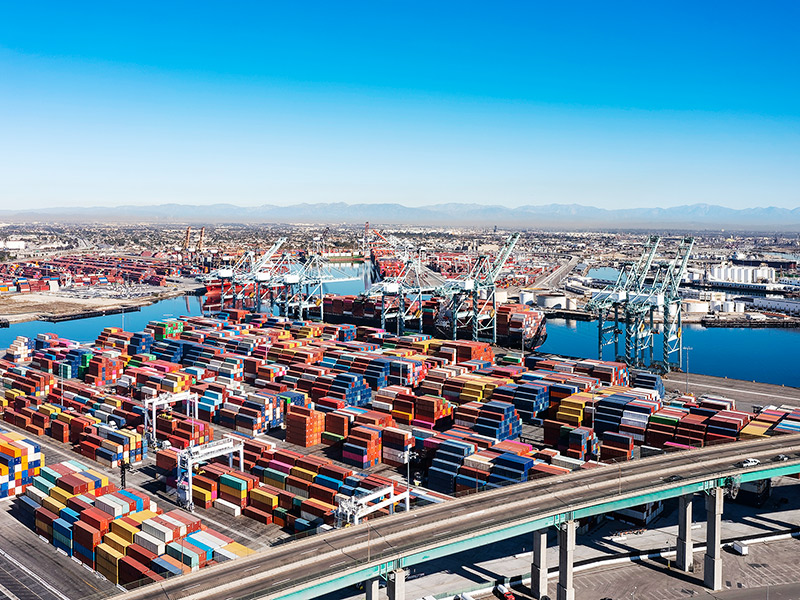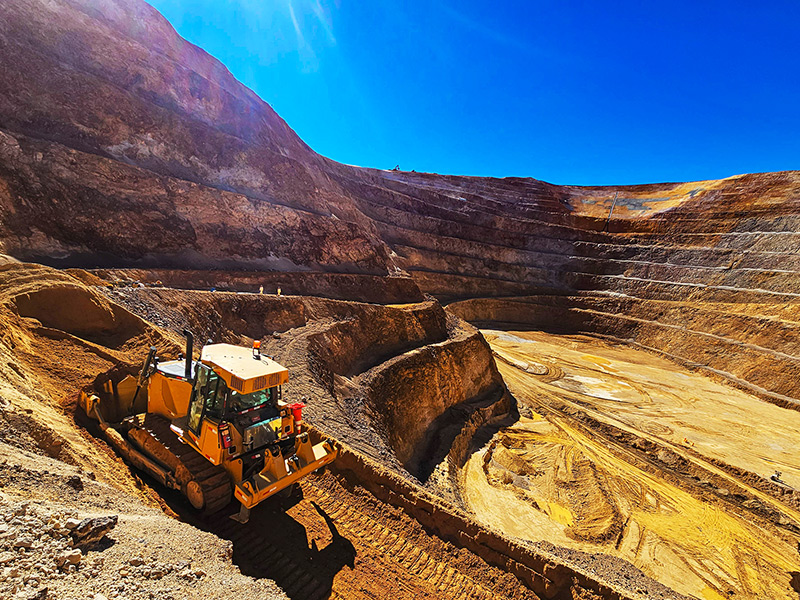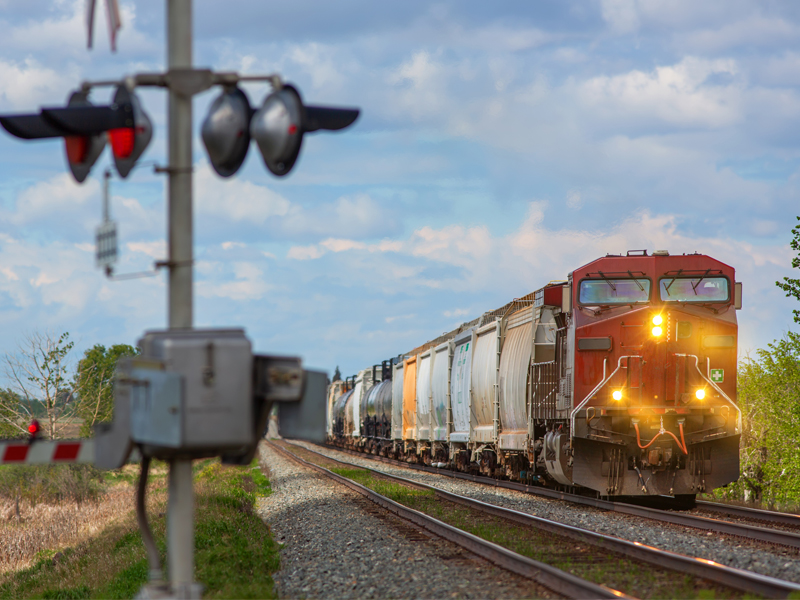
Authors
-
Jeremy Prepscius
Former Vice President, Asia-Pacific, BSR
-
Thibault Gravier
Former Director, BSR
The COVID-19 crisis has exposed how efficiency in global supply chains came at the cost of resilience. A persistent push for efficiency and cost competitiveness has spawned increasingly complex and opaque supply chains. Already facing disruptions such as natural disasters, trade wars, and human rights issues, the COVID-19 crisis demonstrates that for many companies, inadequate visibility and understanding of the situation within their supply chains—and by their procurement operations—hamper an effective, coordinated response to external shocks.
Companies rely on an ever-growing network of organizations to deliver their goods and services. Yet many businesses have an insufficient understanding of the players involved and the risks and opportunities these bring.
Based on its extended enterprise risk management survey, Deloitte suggests that ecosystems have been growing across organizations at a rate of ~15 percent a year. Recent research from Refinitiv found that 43 percent of third-party relationships are not subject to any form of due diligence. In short, more complexity and more opacity.
Clearly, it is time to build more robust and resilient supply chains—understanding, valuing, and incorporating resilience for the buyer, suppliers, and the workers across the value chain.
The Resilience Starting Point
Any resilience strategy starts with understanding the supply chain, the risks it faces, and the factors that affect the resilience of the nodes and connections throughout the value chain. Often, this starts with simple enterprise risk management. It is worth noting that companies with proactive management of extended enterprise risk record bottom line improvements of 2-3 percent. Such competitive advantage will then likely become the baseline, the norm, and the only way to proactively compete in the near future.
Facing up to Future Challenges
What issues will your supply chain face in the future? The list of potential issues is long, and it’s likely that your company will face one or more of the following: natural disasters, climate impacts, biodiversity loss, water scarcity, availability of input materials, health issues, trade tensions, a carbon tax, legislated due diligence requirements, seizure of product by customs due to forced labor-related conditions of production, lack of fossil resources, etc.
Each of these has the potential of significant impacts on your supply chain operations and thus on your general business. The impact could be on price (e.g. a carbon tax), legal risk (e.g. due diligence regulations), product availability (e.g. input scarcity), or just the continued growth and complexity of your supply chain as it morphs of its own accord to try to "get around" these issues instead of dealing with them appropriately.
Building a resilience strategy means understanding the full scope of risks to which you are exposed as well as those generated by current internal procurement practices. It will also require mapping company supply networks and improving visibility and traceability in order to identify and tackle the risks. Both sustainability and risk teams have long advocated for such practices because this knowledge better equips procurement teams for contingency planning. Each of these elements works together with the others to allow full understanding, risk integration, and the strategic sourcing choices facing a company: Should we move our sourcing to location X with supplier Y for costs Z?
As companies face major supply chain disruptions, it becomes necessary to look to build more flexible and dynamic supply chains. Investor, consumer, and external stakeholder expectations remain high, and growing resource constraints necessitate that sustainability remains a priority for company supply chains and is an imperative for long-term business prosperity.
BSR’s Supply Chain Resilience Assessment
Building on our experience and expertise working on supply chain sustainability, BSR’s newest offering, the Supply Chain Resilience Assessment, helps companies evaluate their current supply chain resilience status, incorporating current (and future) understanding, policies, risks, strategies, and imperatives.
Based on internal engagement, external benchmarking, and a dynamic assessment, BSR helps companies identify their current strengths and weaknesses on key aspects of the procurement organization, understand industry practices and opportunities, and build a resilience enhancement roadmap for their supply chain.
Preparation today will enhance the resilience of supply chains for the future, helping to anticipate the unexpected next crisis and throughout this decisive decade. We look forward to connecting with you to work to build a stronger, more resilient supply chain—please contact us to learn more.
Topics
Let’s talk about how BSR can help you to transform your business and achieve your sustainability goals.







